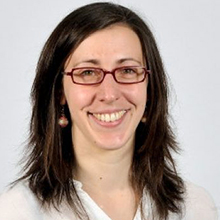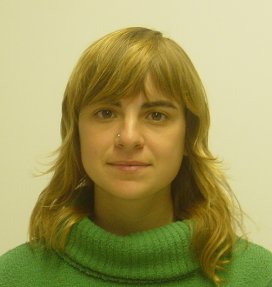- Duración
- 2016-2020
- Coordinador
- Lora Fleming (European Centre for Environment & Human Health - University of Exeter)
- Financiadores
- European Comission (Horizon 2020)
- Página web
- http://bluehealth2020.eu
The majority of Europe’s population lives in cities which have either developed along major rivers, been founded on the banks of inland lakes, or grown on the continent’s extensive coastline. These ‘blue’ environments have played a major role in both the historical and modern evolution of our urban areas. They have been used for supplying drinking water, transportation, industry, fisheries, energy generation and sewage treatment. Recently, a growing body of evidence has suggested that this utilitarian network of urban ‘blue infrastructure’ might also be able to provide a number of health and wellbeing benefits.
Research has shown these environments might allow us to tackle major public health challenges such as obesity, physical inactivity and mental health disorders, and that these benefits may be most important for vulnerable populations. However, so far there has been no concerted attempt to characterise and quantify these effects.
To address this, BlueHealth has brought together experts from across Europe to systematically explore the impact urban waterways can have on health and wellbeing. Through a number of surveys, reviews, experiments and interventions, it is investigating whether the careful design and implementation of urban blue infrastructures can deliver benefits to public health and prevent disease. Genuine two-way communication lies at the very heart of BlueHealth, which is working with representatives from public and patient groups, health care providers, planners, engineers, policy makers and the commercial sectors to ensure its methods are driven by real-world challenges.
With much of Europe’s vast network of waterways spanning national boundaries, a key part of the programme’s focus is also ensuring its findings will be used to inform government policies, particularly as both climates and environments change across the EU. By the project’s culmination in 2019, the team are hoping to be able to make direct recommendations on how both existing and new blue infrastructures can be designed to promote good health and wellbeing across Europe’s cities.
ISGlobal is leading the Work Package 3, in which we will evaluate the impact of both ‘natural experiments’ and randomised individual-level interventions with innovative technologies around the benefits and risks of transport and environmental blue stressors, physical activity, and recreational use of blue infrastructure in different social groups/individuals. You can find information on each case-study here.
Total funding
5,998,671.25 €
Nuestro equipo
Principal Investigator (PI)
-
Marius Joannes Nieuwenhuijsen
ISGlobal Team
-
 Mireia Gascon Associated Researcher
Mireia Gascon Associated Researcher -
 Glòria Carrasco Técnica de investigación
Glòria Carrasco Técnica de investigación -
 Marta Cirach Pradas Técnica GIS
Marta Cirach Pradas Técnica GIS -
 Lourdes Arjona Lab Manager and Research Technician
Lourdes Arjona Lab Manager and Research Technician
Otros proyectos
Ver proyectos pasadosCHAI
Cardiovascular Health effects of Air pollution in Andhra Pradesh, India
PASTA - Physical Activity through Sustainable Transport Approaches
Climate Change Challenge. Big Data for the City
Pla Clima
EARLY-ADAPT
Signs of Early Adaptation to Climate Change
ACTIVID
Impacto de la crisis sanitaria de la COVID-19 en la Actividad Física y la Salud Mental en España
REMEDHY
Researching Environments that Magnify Health Everyday
CalTraS
Calor, Trabajo y Salud
ELHNA
Exposiciones a contaminación lumínica y calor y neurodesarrollo en adolescentes. Código de proyecto: PI20/01695
ONES
Fine Particle Matter, Fetal Growth, and Neurodevelopment: Examining Critical Windows of Susceptibility
RECETAS
Re-imagining Environments for Connection and Engagement: Testing Actions for Social Prescribing in Natural Spaces
The European Urban Burden of Disease Project
ALIA - Las ciudades y la salud
Planificación urbana, medio ambiente y salud | Clima y salud | Resistencias Antimicrobianas
CATALYSE
Climate Action To Advance HeaLthY Societies in Europe
TwinAir
Digital Twins Enabled Indoor Air Quality Management for Healthy Living
Calor, trabajo y salud: caracterización de la exposición, marcadores de salud y efectividad de intervenciones
Project Code: PI20/00608
Base genética materna y fetal de la función placentaria
Project Code: PI20/01116
EXPLICA - Uso del EXPosoma para eLucIdar los factores promotores del riesgo CArdiovascular en entornos urbanos
Project Code: PI21/00930
TÀNIA
Participación, tecnología y convivencia para reducir el ruido en las plazas de Barcelona





